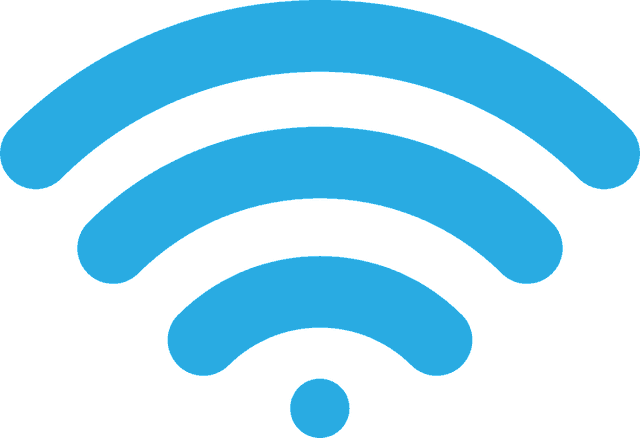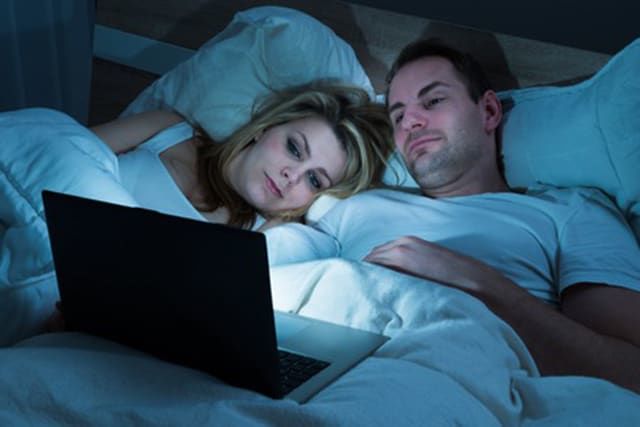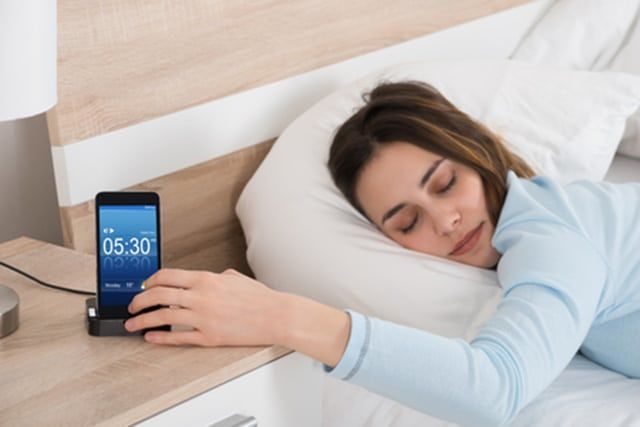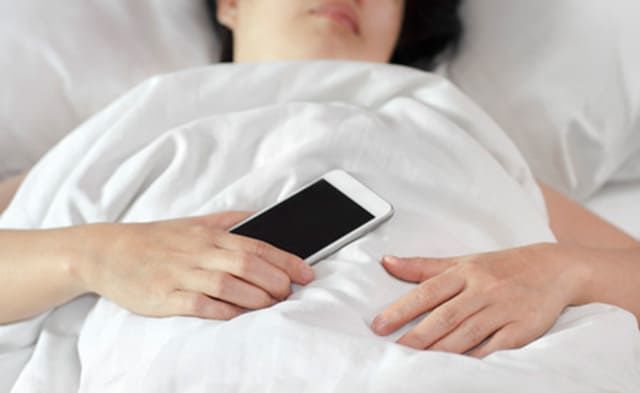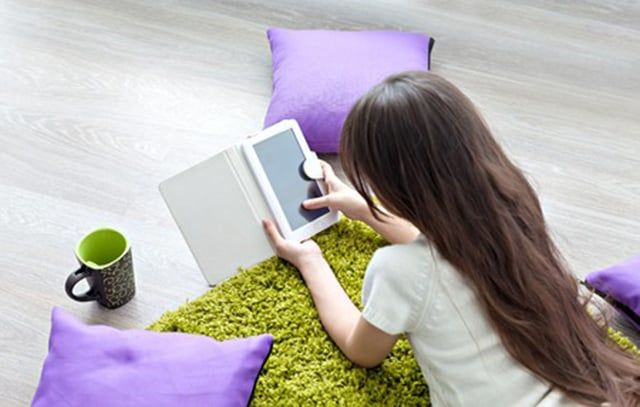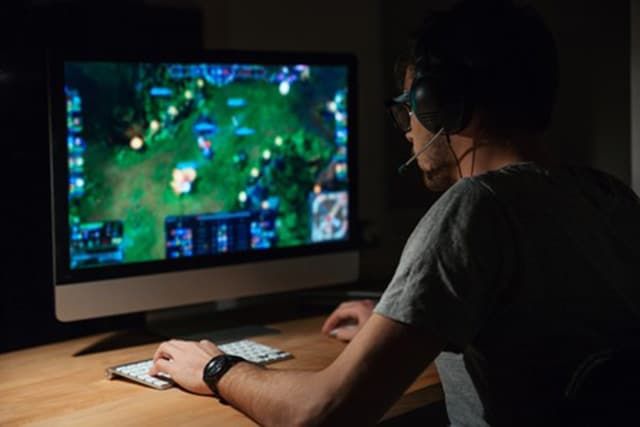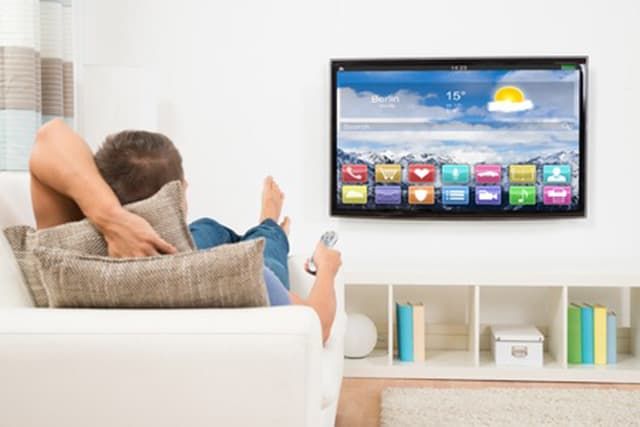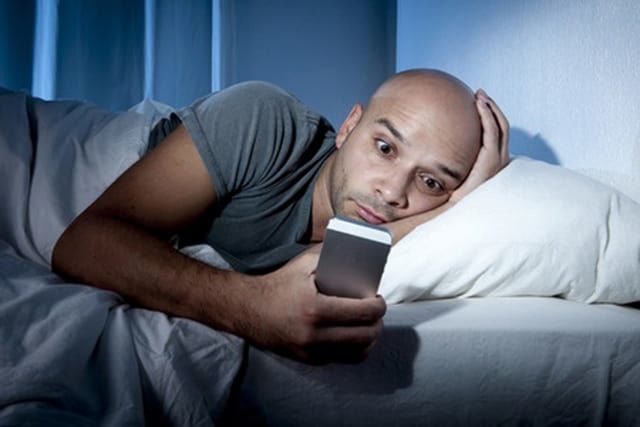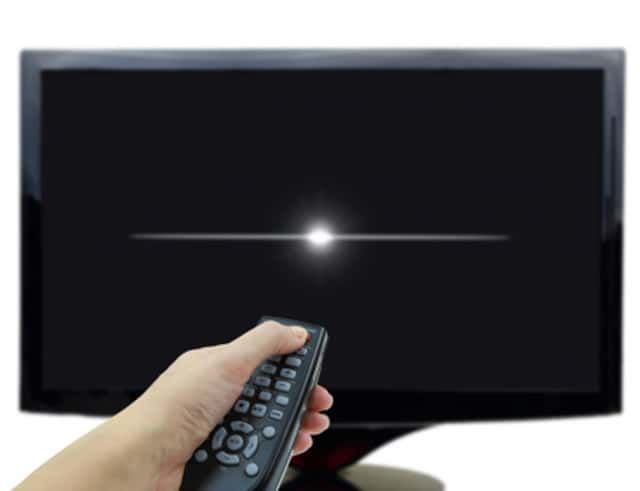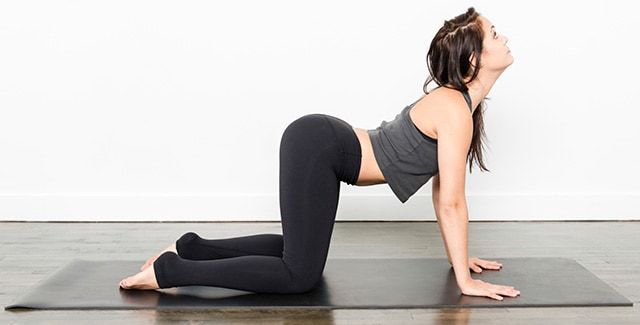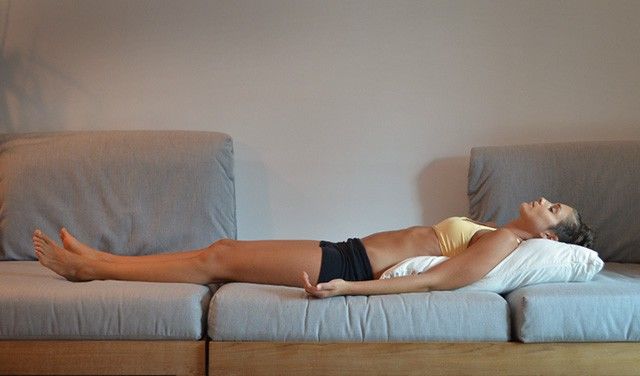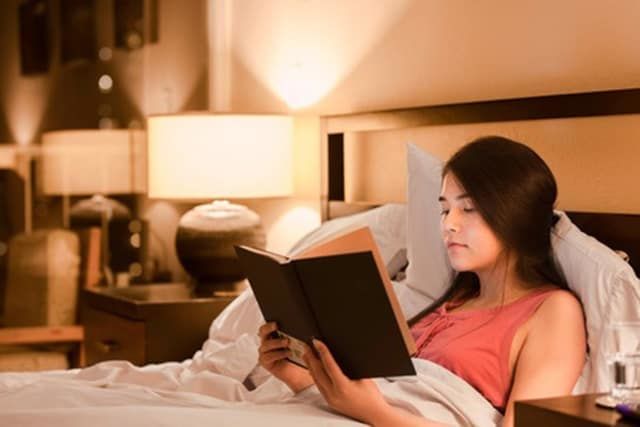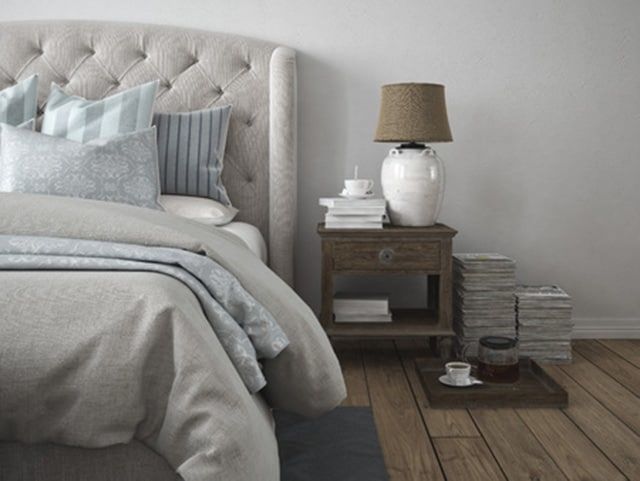Do you suffer from the pangs of sleep loss? Has it been so long since you’ve gotten a decent night’s sleep that you’ve simply just accepted that this is the way it is? Some people chock it up to insomnia or that they have small children. While those reasons are often quite valid (especially the small children, I should know), sometimes you have to look past the easy blames and really determine if there’s some other reason you’re not sleeping well. Like technology, perhaps. There are tons of ways that technology affects sleep. But I’ll overview the most common, and ones that I’ve determined are a problem for me, so you can decide for yourself if it’s something to consider.
1. Upgrade Your Mattress
You may feel tempted to look at your phone, tablet, or television simply because you just can’t get comfortable and sleep is virtually impossible. Better sleep may just mean getting a better mattress. Fortunately, the selection you have to choose from is quite large. Here are a few of the best mattresses available:
Memory Foam
Memory foam mattress are perfect for those who suffer from chronic pain or who just like to be cradled all night long. Memory foam has temperature sensitive technology that molds to the hot spots in your body, giving it the pressure relief needed in those specific areas. There are also gel foam types available for those who sleep hot!
Innerspring
If you need firm support, innerspring is the way to go. These types have springs inside of them that adjust to the pressure on your body. If you want something a little softer, opt for a hybrid style that has a pillow top on it for added comfort.
Latex
These are very similar to memory foam except that they are much more durable and all natural-unless you prefer a synthetic blend. Unfortunately, they do tend to cost more because of the way they are manufactured and what they are made from.
If you can afford the new mattress at this point, it may help with some of your sleeping issues and you may no longer feel the need to depend on technology.
So, What Are The Common Techno Dangers To Watch For?
2) Wi-Fi Signals
Have you ever walked in a room and could tell that there was technology running? You can almost feel the low hum of radio signals in the air. Well, you’re not crazy. This is a thing. And devices that emit a Wi-Fi signal are negatively affecting our sleep. Everything from a wireless router to cell phones, iPads, etc. anything that produces a source of wireless internet in your home will fill the area with invisible electromagnetic signals and our brains respond to that.
A study was carried out in 2007 where scientists took two groups of people and put them in different rooms. One group had real cell phones in the room with them and the other had fake ones. Neither knew that ones were fake. But the group exposed to actual cell signals and Wi-Fi waves had a significantly harder time falling asleep and staying asleep. So how can you determine whether or not Wi-Fi signals are interfering with your ability to get a good night’s sleep? It’s simple. Spend one week with all electronic devices removed from your bedroom. After the first few days, you should experience better sleep. If not, then you should dig deeper.
3) Bright Screens
So, here’s the thing. In order for us to comfortably fall asleep, our bodies have to go through a process. And part of that process is creating melatonin. Melatonin signals our brain that it’s night time, time to sleep. But when we stare at bright screens, the light that is absorbed through our eyes delays the release of melatonin. Thus, making it harder to fall asleep. Nowadays, with the dawn of smartphones, eReaders, and tablets, we often spend hours at night staring at a bright screen. Even on the lowest brightness setting, it’s still too much for our eyes.
A study was done by Mariana Figueiro of the Lighting Research Center at Rensselaer Polytechnic Institute where she and a group of researchers tested the effects of bright screens on volunteers. The results were conclusive. People who stared at a screen for two hours prior to going to bed had simply could not fall asleep. It took them forever. So how do you rectify this and rule it out for yourself? Spend a week quitting the screen time at least two hours before bedtime. If it’s reading you do, then try hard copy books for a while. If it’s work, maybe on a laptop screen, then try wrapping it up earlier in the day. But if you must use technology at night, there are programs and apps that to help with this issue. They monitor when it starts to get late and will “warm up” your screens from the cold blue to a soft pink.
4) Info Overload
One of the cons to living in the modern world is the fact that most of us live a “wired life”. It’s tough to get through a single day without using some form of technology. And it’s often for the purpose of seeking information, gaining knowledge. We fill our brains up with information all the time. Whether it’s an action packed TV show or late night news or even a website full of articles to read. It’s called cognitive stimulation and while it’s great for exercising our brains, it’s best done throughout the day, not at night.
We need at least two hours’ prior to bedtime to help our brains soften and wind down from the overload of the day’s events and the new information we learned. But if you’re laying in bed with your digital device, reading all about the latest updates on the election or scouring through science articles, then your brain will be buzzing. So how do you fix this one? Come on, it’s easy. Stop revving up your brain before bed. There are many ways technology affects sleep, but even watching a boring TV show can stimulate it because the response that happens in your body, the neurons firing up, can still keep you up.
5) Unlikely Alarms
So, anyone who owns a cell phone knows that they set an alarm on it. That’s just common sense nowadays. But these aren’t the types of alarms I’m talking about. I’m referring back to the fact I mentioned before; we’re all living wired lives and even in our sleep we’re “connected”. To better paint you a picture, ask yourself if you’ve ever woken up in the middle of the night because your phone pinged to alert you of a new message or update on social media? What about text messages and voice mails? They all create pings and sounds to alert you and our brains are discretely tuned in to them.
We don’t realize, but technology has become so commonplace that we simply accept these annoyances as a part of everyday life. But it’s seriously affecting the way we sleep and the quality of rest we incur. So, to remedy this issue, I tried a test for ten days. Before going to bed I turned off all electronic devices. Anything that would produce a sound, ping, or alert. I broke out my old battery operated alarm clock and used that in place of the one I normally used on my phone. And guess what? After an adjustment period of two nights, I began to sleep straight through the night and woke up feeling rested. Coincidence? I think not.
6) White Noise
Whether you believe it or not, electronic devices create a noise. It’s a low hum on a particular frequency and not everyone can pick up on it with the naked ear. But it is there and it affects us regardless. Some call it white noise, but it’s really just the electromagnetic waves (and a bit of the operating system, like in computers). While actual white noise is meant to help you sleep by cutting down on the difference between background noises like city streets and such, the kind of white noise I’m talking about is the opposite. It’s the minute buzzing that all of our devices constantly radiate and it’s like a tick, keeping us awake without us really knowing.
The sound taps into our brains and keeps us on the edge of consciousness, never really allowing us to fall into that deep sleep we actually need. This is called Rem sleep and it’s crucial that we have it in order to properly rest our minds and bodies. There’s three main levels of sleep that we go through each night; a light stage where we’re still half awake but slowly falling into slumber. Then there’s stage two where our heart rates slow, our temperature drops and our muscles relax. Then there’s REM. It’s the mother load of sleep stages and without it we never really rest. How to tackle this issue? Much the same way we’ve been dealing with the others. Either turn off or remove electronic devices from your bedroom before you go to sleep.
7) Addiction
This one is a no brainer. With the rise and increase of technology, so has our addiction to it. We are constantly plugged in. If someone told you ten years ago that you could access the entire web, operate Microsoft programs, watch TV and movies, and read books all from your telephone you’d probably have laughed. But it’s the reality we live in. When we’re in public and our phone dies, we feel a teensy bit lost. Admit it. It’s hard, oh so hard, to let go and get through a single day without the aid of technology. Myself, I spent late hours sitting in bed reading eBooks, playing games, and hanging out on social media. I even caught myself turning off the TV for the night, crawling into bed and then pulling out my phone to check the time and ended up messing around on it for a couple more hours.
So I recommend putting the phone away (somewhere you can’t reach it at night) and just wear a watch and have that by your bedside in case you need to check the time. You can find some of the best military watches over at Authorized boots.
Reading eBooks
Video games
TV for the night
Pulling Out Your Phone for a Couple More Hours
The worst of it are video games, though. Time passes so much faster when we’re engaged online and removed from reality. It’s easy to stay up late, fighting to finish a level or conquering a new game. All of these things affect our sleep schedule, the predetermined settings that we’ve programmed our brains to follow. By staying up a little bit later than normal each night, we unknowingly push back our sleep schedule. Then, on nights where we get the chance to go to bed early, we simply can’t fall asleep until the late hour we’re now used to. So, the solution? Cold turkey. Unless you need your devices for work, just cut them out for an entire week. Nah, that’s just too harsh! But seriously, get a handle on your screen time. Set a limit and cut off time each day.
Steps To Unwind
Here are some helpful tips and steps to aid you in your search for sleep relief.
a) Turn it Off
Determine a time in which you’d like to start going to bed. Then, turn off all screens and devices about two hours beforehand.
b) Relaxing Activities
Reading an actual book, etc.
c) Clue Up Work Early
If you work in the evenings from a computer or laptop, try and clue up any vital tasks like emails well before bedtime.
d) Keep TV and Devices Out
Simply bypass all of the issues and remove any electronic device from your bedroom.
Conclusion
A year ago I found myself admitting to the effects of insomnia. I have two small kids under the age of five (one of which was a baby) so I just blamed my lack of sleep on that. But it turns out that the majority of my problem was technology. I was surrounded by it. After I used this list to carry out a process of elimination, I quickly discovered that I could reset my internal clock and start getting a better night’s sleep. What do you think? Try out some of these ideas and get to the bottom of your sleep problem. Comment and share, we’d love to hear any new ideas.
